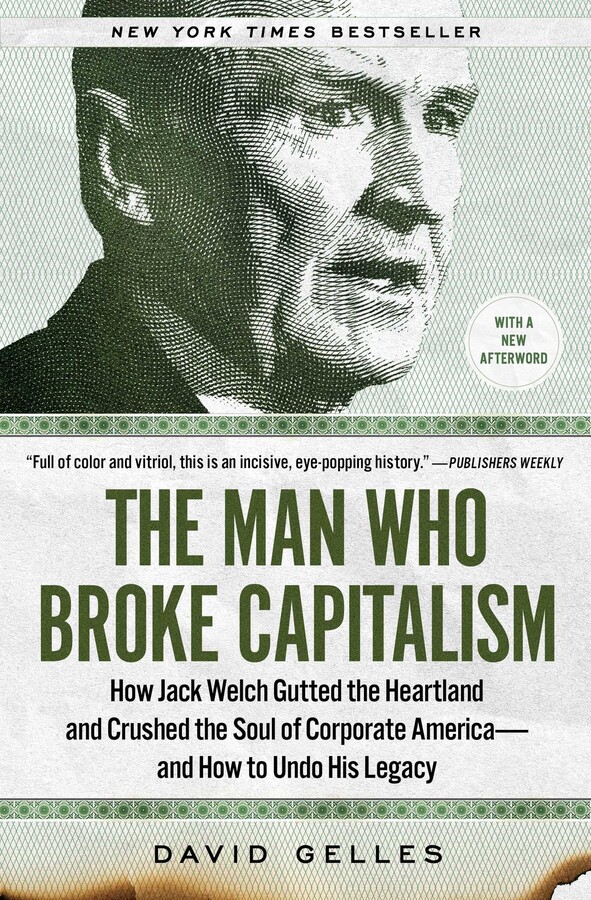Even before Lee Iacocca sold the two-millionth copy of his autobiography, it was the most successful business book of its kind. More impressively, when that sales milestone was reached in July 1985, less than a year after its publication, Iacocca joined the ranks of America’s all-time bestsellers, regardless of genre, including Gone With the Wind and The Power of Positive Thinking. From his humble origins as the firstborn son of Italian immigrants, Iacocca distinguished himself as an engineer at Ford Motor Company before becoming CEO of the Chrysler Corporation in 1978, when it was on the brink of bankruptcy. Iacocca turned Chrysler around, paying back a government bailout and leading the former automotive straggler to the top of the car industry within a few short years. Highlighted repeatedly in Iacocca’s practically unavoidable TV commercials for Chrysler in the 1980s and ’90s, it was an American success story. But it was also something else, maybe something more: the creation of a new character on the American scene, the Celebrity CEO.
The chief executive officer was nothing new in the history of corporate capitalism, but the CEO was. According to the Oxford English Dictionary, the now familiar acronym first occurred in print in American English in 1972. Its appearance signaled a larger change in the culture of big business. Through the early postwar decades, when quiet stability was the paramount corporate virtue and men in gray flannel suits ran the show, the chief executive officer had exercised his authority behind the scenes, almost exclusively within the managerial staff and in the boardroom. As an activist Wall Street and a risk-enthusiastic financial services industry began to tear down and rebuild big business in the 1970s and ’80s, the CEO became a public figure, the face of the corporation, and even something like the new generation’s corporate buccaneer, consolidating power around himself (as well as lucrative stock options) and making the success of the company a matter of personal branding. Iacocca was one of this new breed, but there were many others. Almost all of them—Wal-Mart’s Sam Walton, Hewlett-Packard’s David Packard, Walt Disney’s Michael Eisner, Michael Bloomberg, even Dave Thomas of Wendy’s and Tom Monaghan of Domino’s—wrote best-selling books in the new genre of business leadership, mining wit and wisdom from their own personal stories.
In prestige and power, none of them surpassed Jack Welch, CEO of General Electric and businessman supreme in the era of shareholder value. In The Man Who Broke Capitalism, New York Times reporter David Gelles makes an earnest (perhaps overly earnest) attempt to give a frank account of Welch’s life and legacy.
